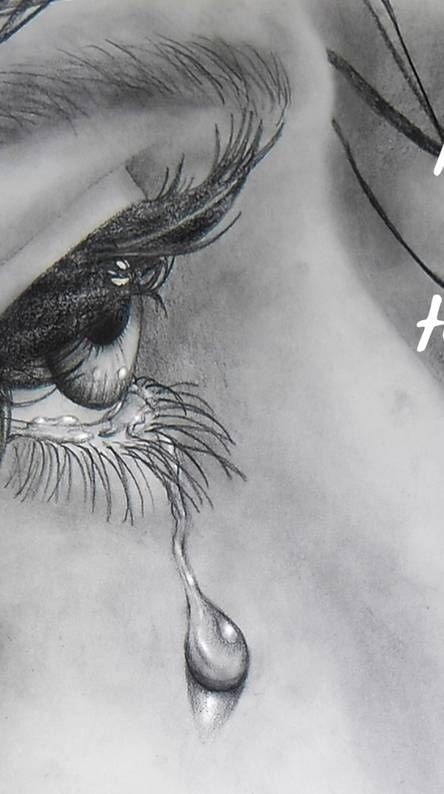We're Not Alone
At the beginning, people stood on street corners and shouted about the end of the world. Jane remembered watching the man next door fill up his garage with stacks of canned food and bottled water, as if preparing, it now seems, for a disaster much more minor. The grocery stores were soon empty, the shelves sucked clean like chicken bones. The freeways clogged immediately. People heard the news, stay indoors, they said, but they wanted to move. Families piled into minivans and crossed state lines. They scurried in every direction like small animals caught suddenly under a light. But, of course, there was nowhere on earth to go. Twelve hours into the quarantine, a more pressing danger is floating through these fluorescent halls. A fifth nurse goes under. And an old man, admitted for pneumonia, now sleeps with the others in the isolation wing. There are not enough beds for the families trapped in the hospital, so they sleep on the floor in the halls. At this late hour, no one can tell by looking who among them might be sick and who well. Certain small problems are already threatening to grow larger: two toilets have stopped flushing, and the usual shipment of cafeteria food has not arrived—the truck driver too spooked by the news to approach the building. Inside, Jane keeps her mask tight, her hands in double gloves, her psychiatric training leaving her only slightly more prepared than the others. One thought keeps beating in her mind: if this sickness takes her away, her daughter will not remember even one wisp of her days with her mother. It seems suddenly selfish to have brought her into this world alone. She tries to write a note to her, in case— to read when she's older. But she is unable to put down on that page anything more than the biggest, most obvious thing: You were loved.







